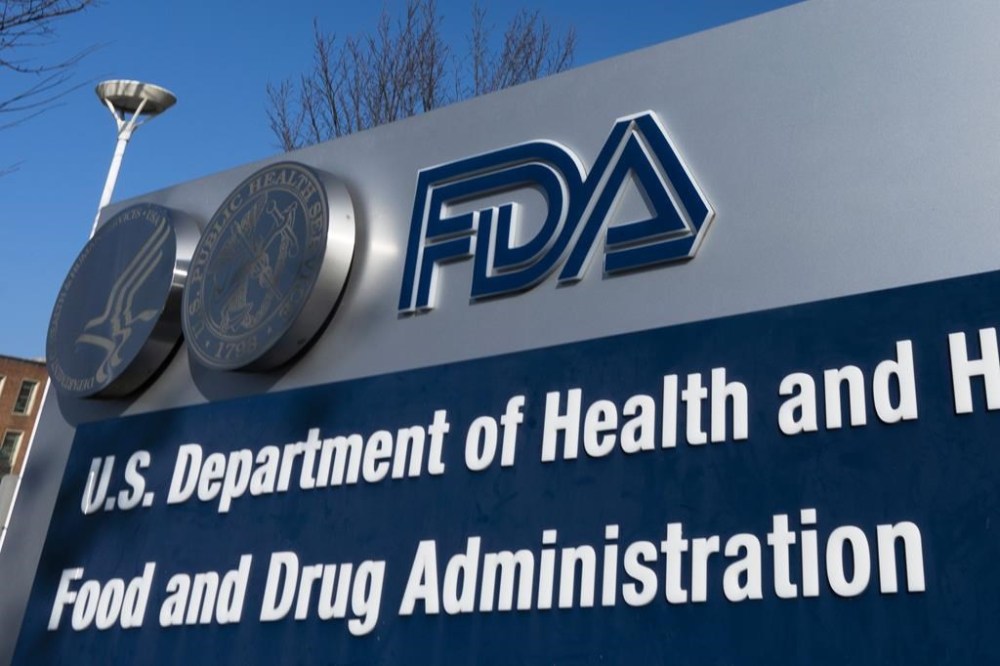FDA says it needs more research before deciding to approve nasal spray to treat dangerous allergies
Advertisement
Read this article for free:
or
Already have an account? Log in here »
To continue reading, please subscribe:
Monthly Digital Subscription
$0 for the first 4 weeks*
- Enjoy unlimited reading on winnipegfreepress.com
- Read the E-Edition, our digital replica newspaper
- Access News Break, our award-winning app
- Play interactive puzzles
*No charge for 4 weeks then price increases to the regular rate of $19.95 plus GST every four weeks. Offer available to new and qualified returning subscribers only. Cancel any time.
Monthly Digital Subscription
$4.99/week*
- Enjoy unlimited reading on winnipegfreepress.com
- Read the E-Edition, our digital replica newspaper
- Access News Break, our award-winning app
- Play interactive puzzles
*Billed as $19.95 plus GST every four weeks. Cancel any time.
To continue reading, please subscribe:
Add Free Press access to your Brandon Sun subscription for only an additional
$1 for the first 4 weeks*
*Your next subscription payment will increase by $1.00 and you will be charged $16.99 plus GST for four weeks. After four weeks, your payment will increase to $23.99 plus GST every four weeks.
Read unlimited articles for free today:
or
Already have an account? Log in here »
Hey there, time traveller!
This article was published 20/09/2023 (841 days ago), so information in it may no longer be current.
Federal regulators declined to approve a nasal spray to treat severe allergic reactions late Tuesday, calling for more research on what would have been the first alternative to injections using devices such as an EpiPen.
The U.S. Food and Drug Administration told ARS Pharmaceuticals Inc., of San Diego, that the company needs to conduct another study on repeat doses of epinephrine, a drug that halts potentially life-threating reactions, called anaphylaxis, using the company’s nasal spray device compared with injections.
The move comes four months after an FDA advisory committee recommended approval of the device, dubbed neffy. The FDA is not required to follow the committee’s recommendations, though it usually does.

Richard Lowenthal, president and chief executive of ARS, said in a statement that the company would appeal the FDA’s decision and resubmit an application in early 2024.
The ARS product is one of several needle-free devices being developed to treat dangerous reactions to food, insect stings and medications. Such a device could alter treatment for the between 33 million and 45 million Americans with severe allergies to food and other triggers.
Advocates for people with allergies said they were “frustrated” by the FDA’s request for more research.
“Our community believe this innovation would finally come to the more than 10% of Americans with life-threatening food allergies, but instead, the FDA will force us to wait even longer,” Sung Poblete, chief executive of Food Allergy Research & Education, a nonprofit group, said in a statement.
___
The Associated Press Health and Science Department receives support from the Howard Hughes Medical Institute’s Science and Educational Media Group. The AP is solely responsible for all content.

